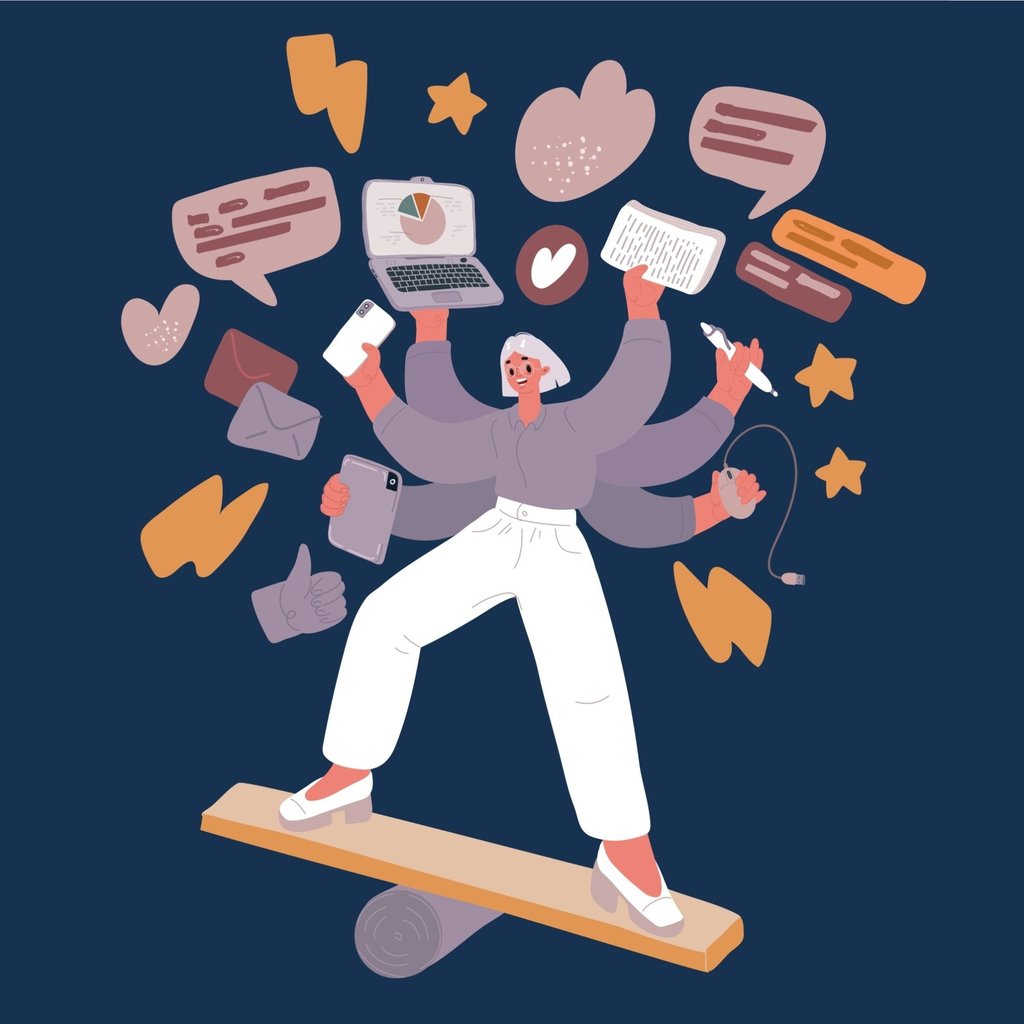
As a new school year begins, learn how to get more things done in a shorter amount of time




What habits do you have in place to keep yourself productive and organised? What are the areas that you could improve in your time management skills?

According to the text, what is the common myth about multitasking?

According to the article, why is it important to take breaks?

What habits do you have in place to keep yourself productive and organised? What are the areas that you could improve in your time management skills?

Difficulty: Challenger (Level 2)
A new school year has begun, and you might feel overwhelmed by your new classes and more challenging assignments. Does it ever feel like there’s not enough time to do everything?
You can reduce your stress by learning how to manage your time. This skill can help you get more things done in a shorter amount of time. Here are four tips to help you take control of your schedule.
1. Track where you spend your time
The cornerstone of effective time management is clearly understanding how you allocate your time. Start by creating a detailed list of the minutes or hours you spend on various activities, including school assignments, hobbies, and leisure activities. This will help you understand how much time you spend on different things.
Based on the outcome, break your day into three to four time slots. Start from when you finish your classes and end when you should go to bed. Which time slot is highly productive for you? Then, plan your task schedule with time limits, prioritising the most important tasks. Put these in the time slots when you are most productive. Give yourself time limits for each chore. Less important things can go in the other time slots.
2. Focus on one thing at a time
Multitasking might sound like an amazing skill. But the truth is, it can reduce our efficiency and productivity. Our brains are not great at doing more than one thing at a time. Multitasking makes it harder to concentrate, and we are more likely to make mistakes. Therefore, it’s important to focus on one thing at a time. Even if it feels slower now, you will do a better job in the end.

3. Block out distractions
To improve your focus, turn off alerts on your phone and computer. Some apps can block distracting games and websites.
To avoid noise distractions, you can wear headphones that block outside sounds. This will help you concentrate fully on your task and make fewer mistakes.
4. Give yourself breaks and rewards
It is important to take short breaks and to reward yourself. You might get burnt out if you try to finish all your tasks without stopping. To keep your mind fresh, take a five-minute break every 20 minutes.
Don’t forget to celebrate when you finish something important. You can do this by going for a walk or enjoying a snack. These little rewards can help you keep going when school gets tough.
Use the puzzle below to test your knowledge of the vocabulary words in the story.
Suggested answers
Before you read: answers may vary
Stop and think: it can improve our efficiency and productivity
Consider: because you might get burnt out if you try to finish all your tasks without stopping.


According to the text, what is the common myth about multitasking?

According to the article, why is it important to take breaks?
being exhausted from too much work
doing multiple things at the same time
to make something less or smaller